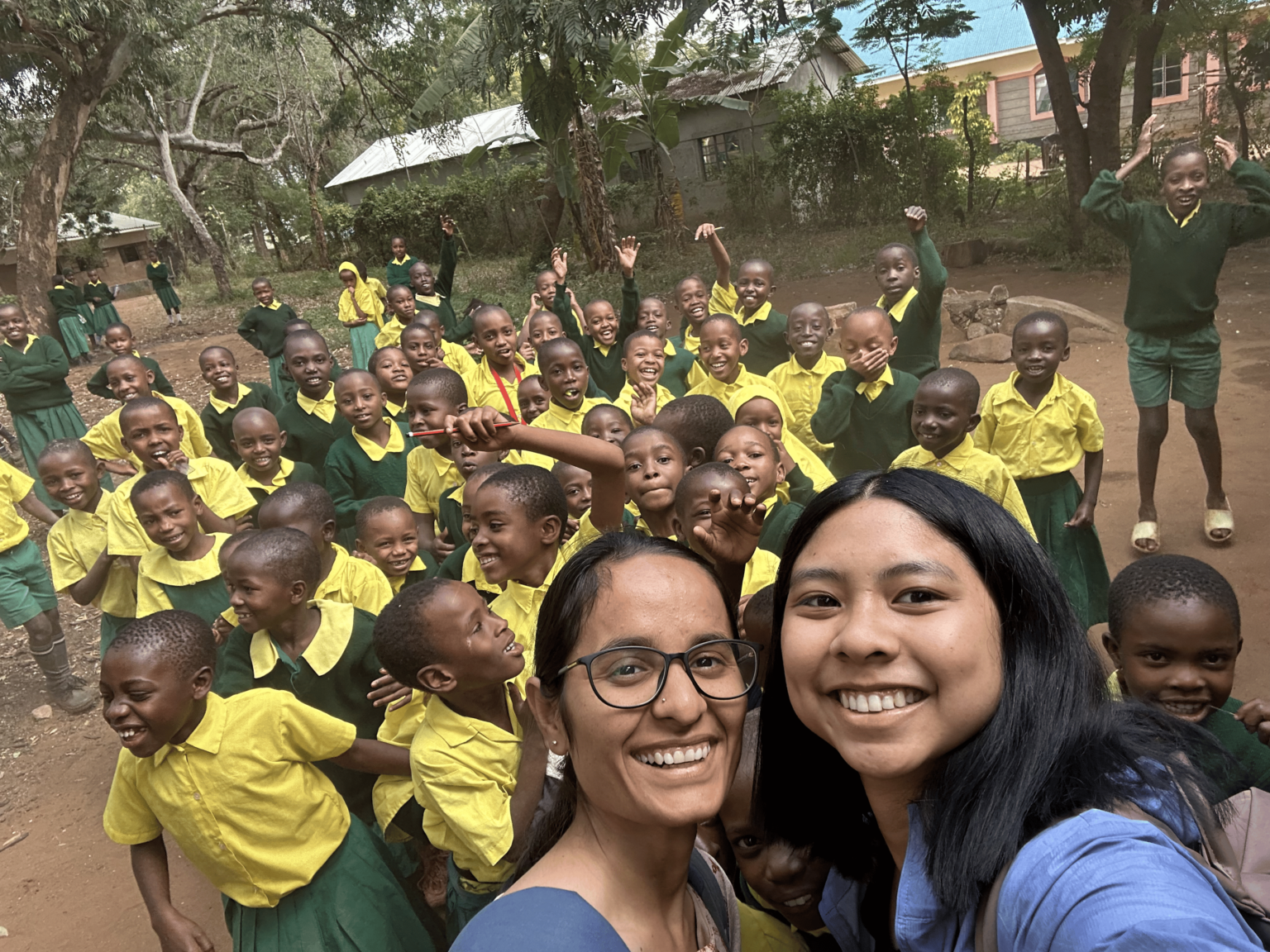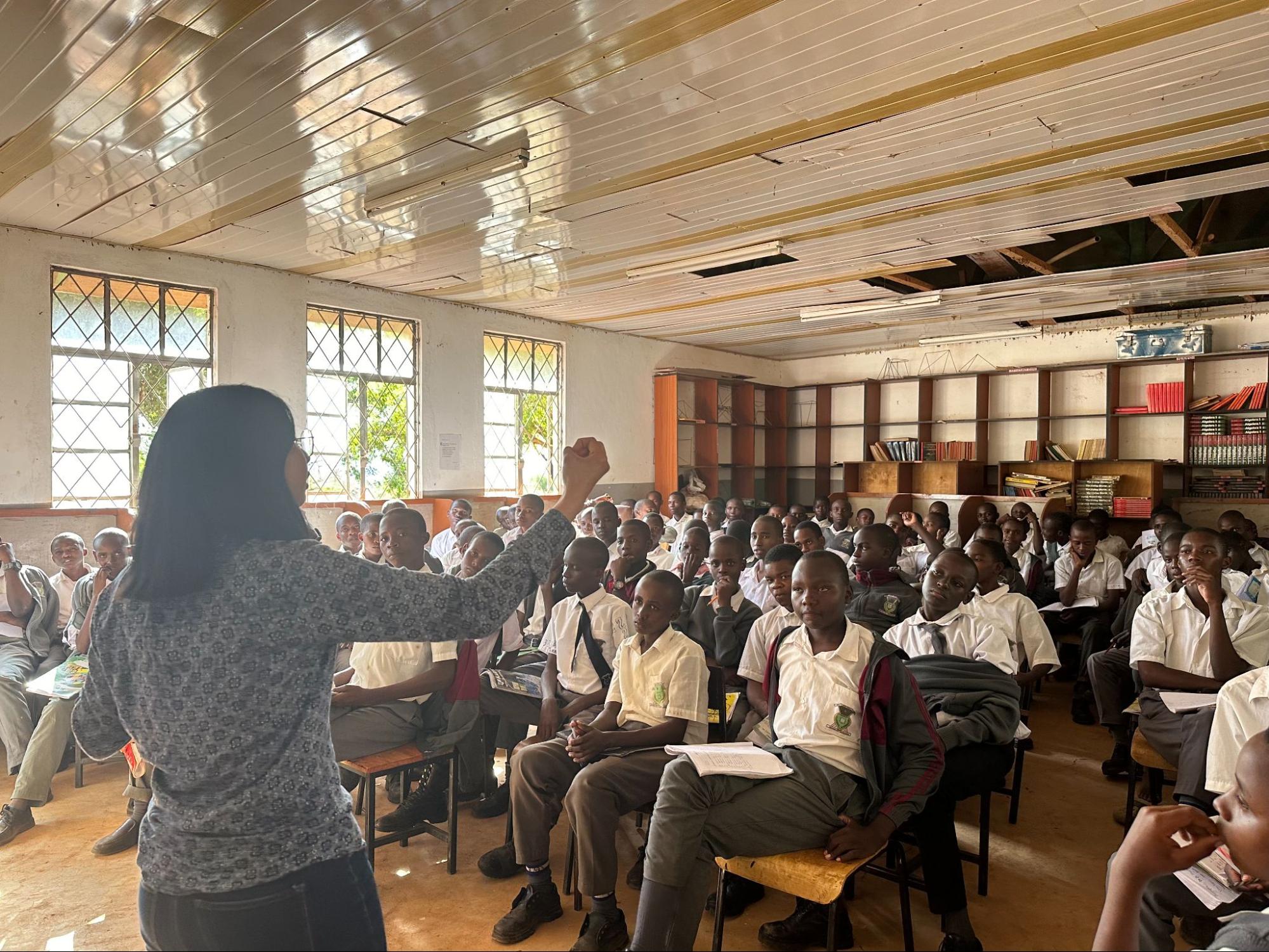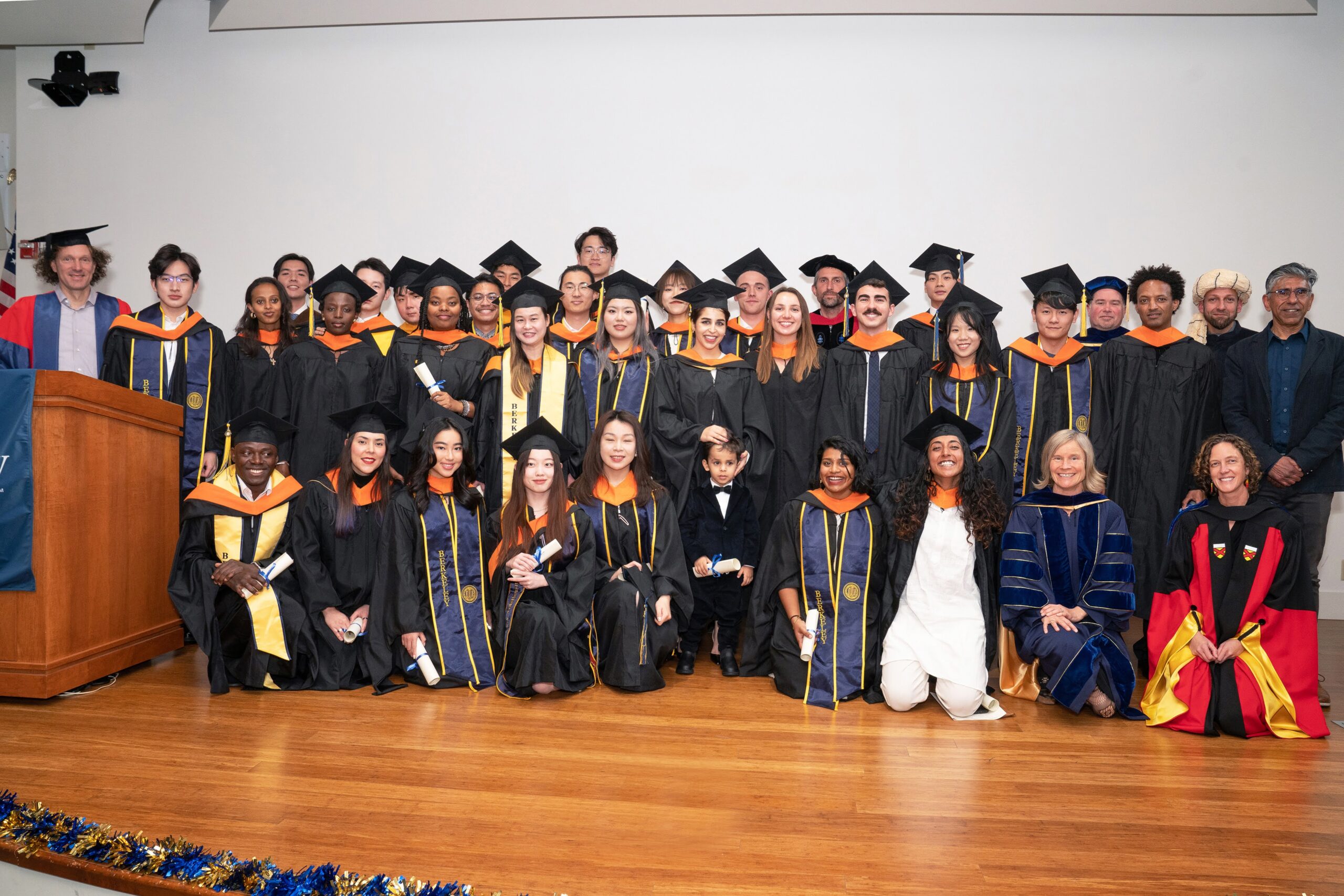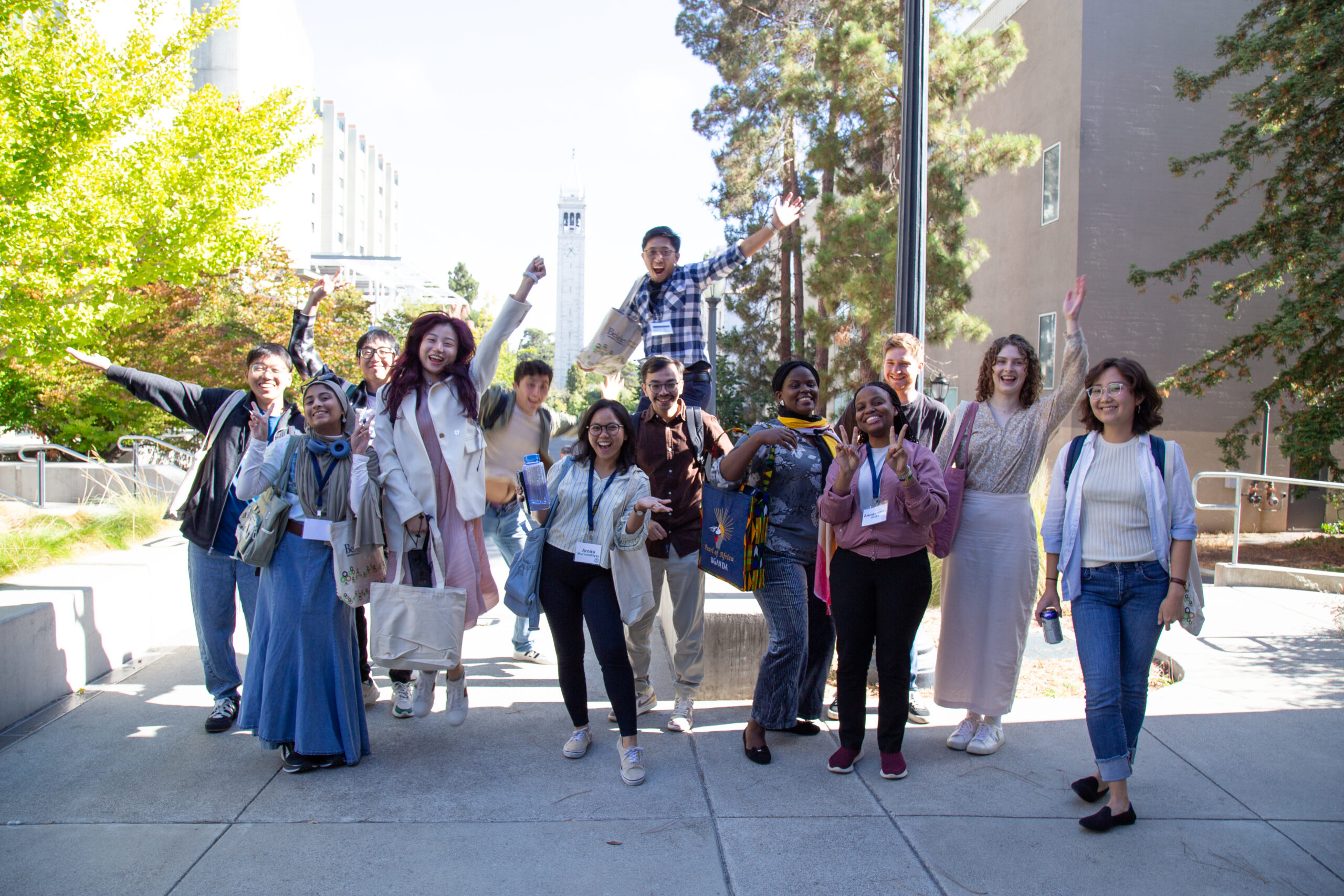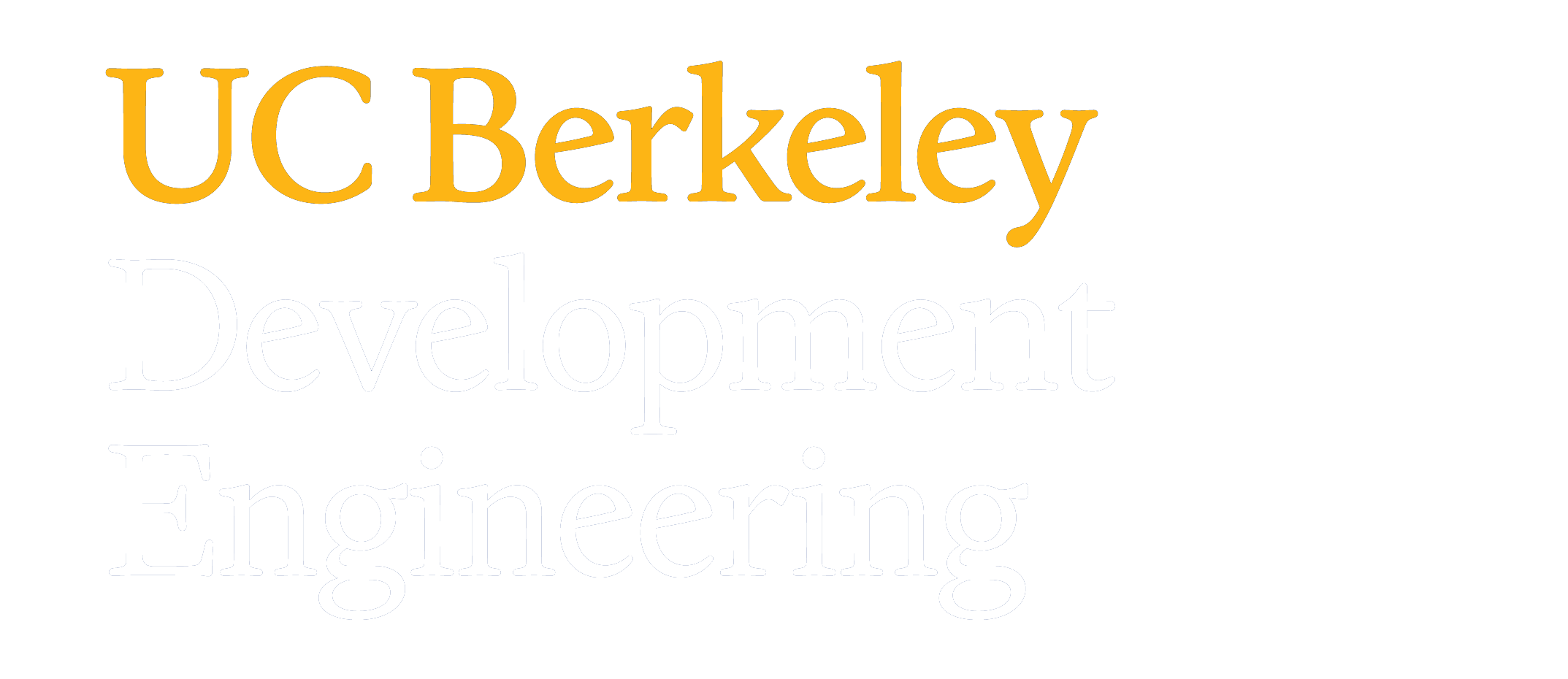Ekta Raghuwanshi had a particular way of approaching challenges — professional, academic, and beyond: dive in, define and quantify the problem, produce a solution that fixes it. It’s an approach she learned from her background in software engineering — structured, analytical, and solution-driven.
Her summer internship at an education and poverty-alleviation organization in Kenya revealed the limits of that approach.
Raghuwanshi and Maria Denna, her Master of Development Engineering (DevEng) classmate, worked at A Better Education Club (ABE Club) as part of an internship pilot program that DevEng and ABE Club look to expand in the coming years. While Raghuwanshi’s technical problem-solving mindset was valuable, she quickly realized that local intricacies — social, cultural, and contextual — couldn’t always be captured through a purely technical lens. Adapting to these complexities required a shift in thinking, one that blended structured problem solving with a deeper, more nuanced understanding of local realities.
ABE Club, based in the southwestern region of Kasigau, supports youth education and women’s empowerment by focusing on health, food security, hygiene, and farming practices in this region of some 20,000 residents. Alex and Megan Isaacs founded the NGO in 2004 when they were high school students. ABE Club grew with the support of the siblings’ father, Steve Isaacs, a UC Berkeley alumnus.
Raghuwanshi was eager to learn from ABE Club’s 20 years of experience in Kasigau, exploring first-hand how the organization had made an impact and how the development lessons from her coursework played out in real-world contexts.
Denna, a Digital Transformation of Development fellow, had experience organizing a school club that sent volunteers abroad and had joined a leadership program during undergrad that focused on social impact. She went on to put her technical experience to work as a product manager in tech, but found she couldn’t apply her passion for social impact. The MDevEng program — a multi-disciplinary, context-driven field pioneered at Berkeley that produces solutions to problems in under-resourced communities with their participation — allowed her to combine that passion and technical expertise. And that, in turn, led her to ABE Club.
“In my personal experience, I’m torn between two worlds,” Denna said, “my technical, engineering-oriented classes and the more sociological ones exploring why otherwise sound technological interventions fail in under-resourced places. The ABE Club internship brought these two worlds together: How can we ensure that our technical skills, or the technical intervention we want to bring, actually fit the local context?”
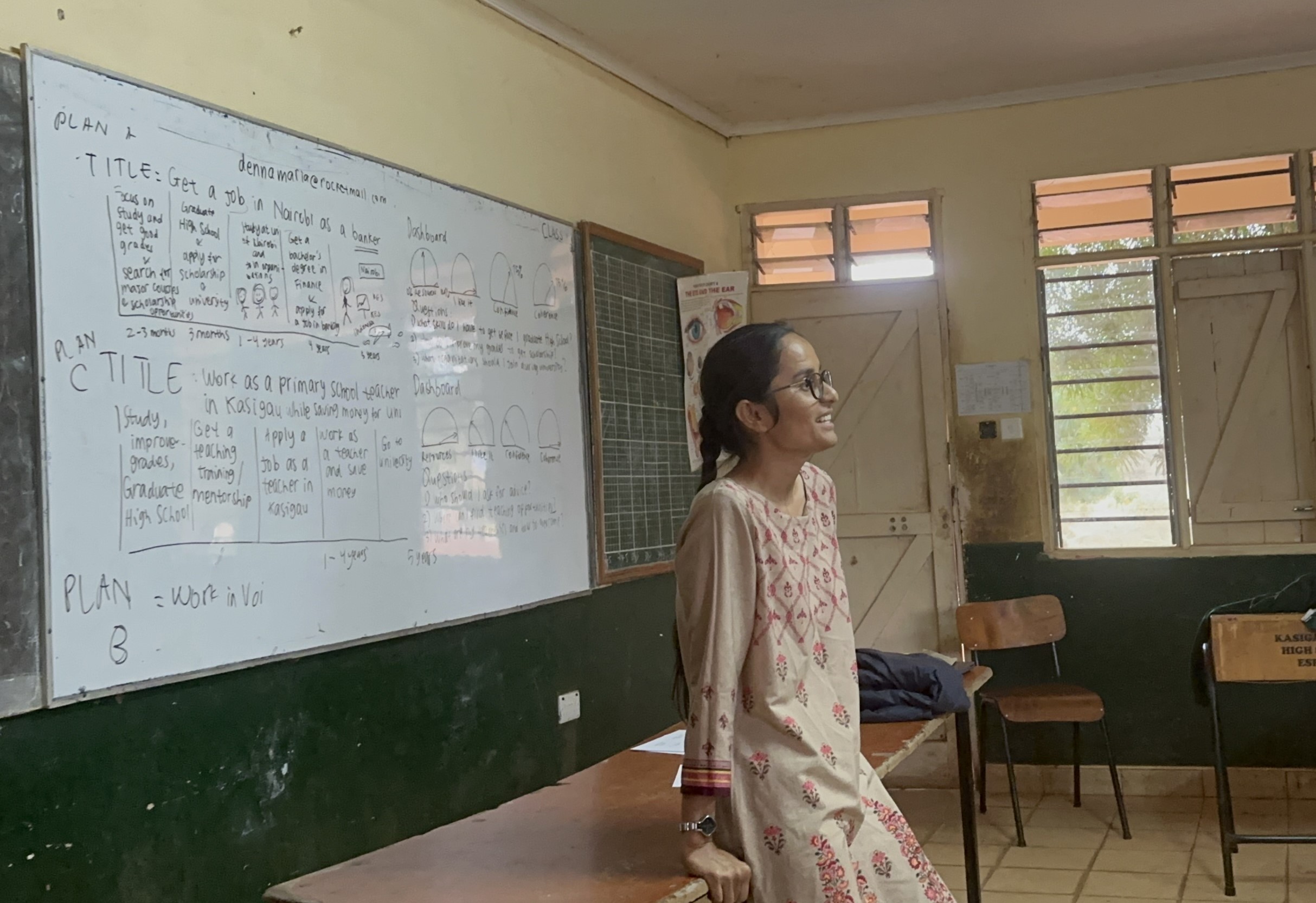
Teaching and learning
Over this past summer, Raghuwanshi and Denna stayed in Banda House, a cottage in one of Kasigau’s villages often used for children’s retreats. The interns were to understand the local community of Kasigau in order to advise on potential innovations.
One of their primary tasks was to perform a needs assessment of the community to see where there could be opportunities to work on innovations to improve community resources and infrastructure. Raghuwanshi wanted to see what previous projects and programs had occurred in their particular village — primarily infrastructure, like water tanks — and how the organizations behind them measured and thought about those contributions. The interns wanted to understand “the village as a system and the inner machinery of it,” Raghuwanshi said.
Balancing the need for thorough understanding with the urgency to make an impact posed a tough dilemma for Raghuwanshi. “Finding the right intersection of both was really important,” she said, as her internship required her to contribute meaningfully to ABE’s mission of empowering the community through education and technical solutions — within a limited timeframe. She came to experience firsthand what she had learned in her own classroom at Berkeley: This challenge is not unique. Many well-intentioned international organizations have faced the same dilemma, with some acting too quickly and unintentionally causing harm to the communities they aimed to help.
After performing their community assessment, Denna and Raghuwanshi moved into more project-based work and training. Denna, for instance, taught the basics of computer programming, life skills, career planning, reproductive hygiene, and boundaries. In her healthcare lessons, for instance, she explored managing pharmaceuticals for the local clinic, how to inventory them, and how to digitize those inventories through the available technologies.
At the end of the day, Raghuwanshi said, the goal was to “really understand the context and not push your assumptions on people” — not to parachute in and solve problems, “but learn from them what they want” help with and to be a partner in that, suggesting solutions that are accessible and to see what Kasigau residents want to adopt.
“Ekta and Maria did an amazing job,” said Joram Kapala, ABE Club’s operations assistant and staff writer. “They interacted with community women groups and community members dealing with a kitchen-garden program. It was so eye opening to see the creativity and resource utilization” within the groups.
“Interns looking for challenges and willing to suggest and test possible solutions with ABE,” he added, are an important way for the club to hit its near-term goals of improved food security, a 100-percent high school education-completion rate, equitable implementation of WASH programs, and full availability of essential medications at health clinics.

Rethinking development
Raghuwanshi came away with a new perspective of what development looks like.
The internship allowed her to not only process the lessons she learned in DevEng classes like “Critical Systems of Development” but to become more reflective and introspective, thinking critically about her own role in a foreign community. Starting from a blank slate, without any assumptions and biases, and filling it in with the community and its specific circumstances and perspectives is the first step, she says.
In the one and a half months she spent in Kenya, she had initially pressured herself to come out of the internship with some sort of tangible deliverable.
“Maybe sometimes it doesn’t have to look like a technical deliverable,” Raghuwanshi said. “Maybe the ‘deliverable’ can look more like ideas that have changed and how we all have changed as people.” Such changes, like empowerment, aren’t necessarily measurable or quantifiable but can nevertheless lay the groundwork for future solutions self-implemented by the community or that the next generation of interns can co-implement with them.
The internship not only deepened the interns’ understanding of development work but also encouraged them to reflect on how organizations like ABE Club and its partners navigate long-term support for communities like Kasigau. Denna noted that some interventions can unintentionally create dependency on donors. The goal, she added, is to help foster greater independence and self-sufficiency, such as by expanding entrepreneurship opportunities in places like Kasigau, and examining the intersection of social, economic, and political forces in service of systemic changes that go beyond mere technical solutions.
Back in Berkeley, the DevEng master’s students carried these questions into their final semester, bringing them into discussions in their Development Engineering Ethical Reflection course, where they continued to grapple with the complexities of ethical and effective development work.
“It certainly shifted something in me,” Raghuwanshi said of the internship. “It made me ask all of those questions — and keep searching for better answers.”

